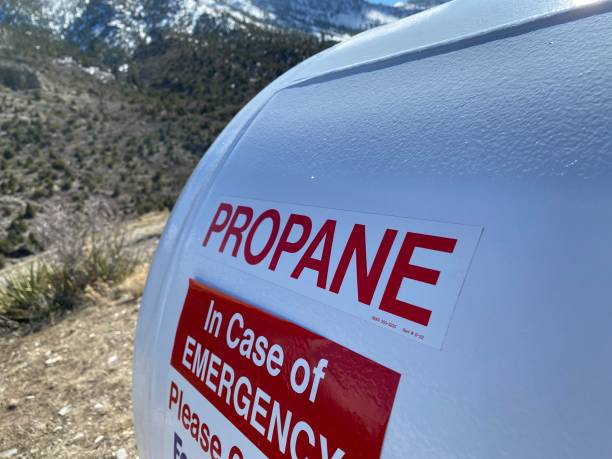Sustainable Growth with Propane
Pioneering Eco-Friendly Success in the Energy Sector In the quest for sustainability, propane emerges as a critical element in crafting business models that are not only environmentally responsible but also economically viable. This article explores the journey of building a sustainable business model with propane, showcasing how companies in the energy sector can leverage this… Continue reading Sustainable Growth with Propane



